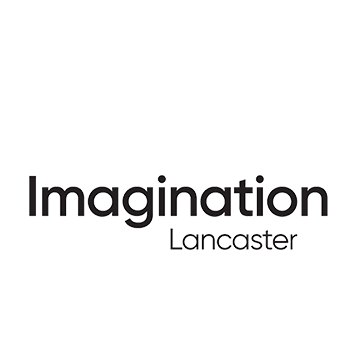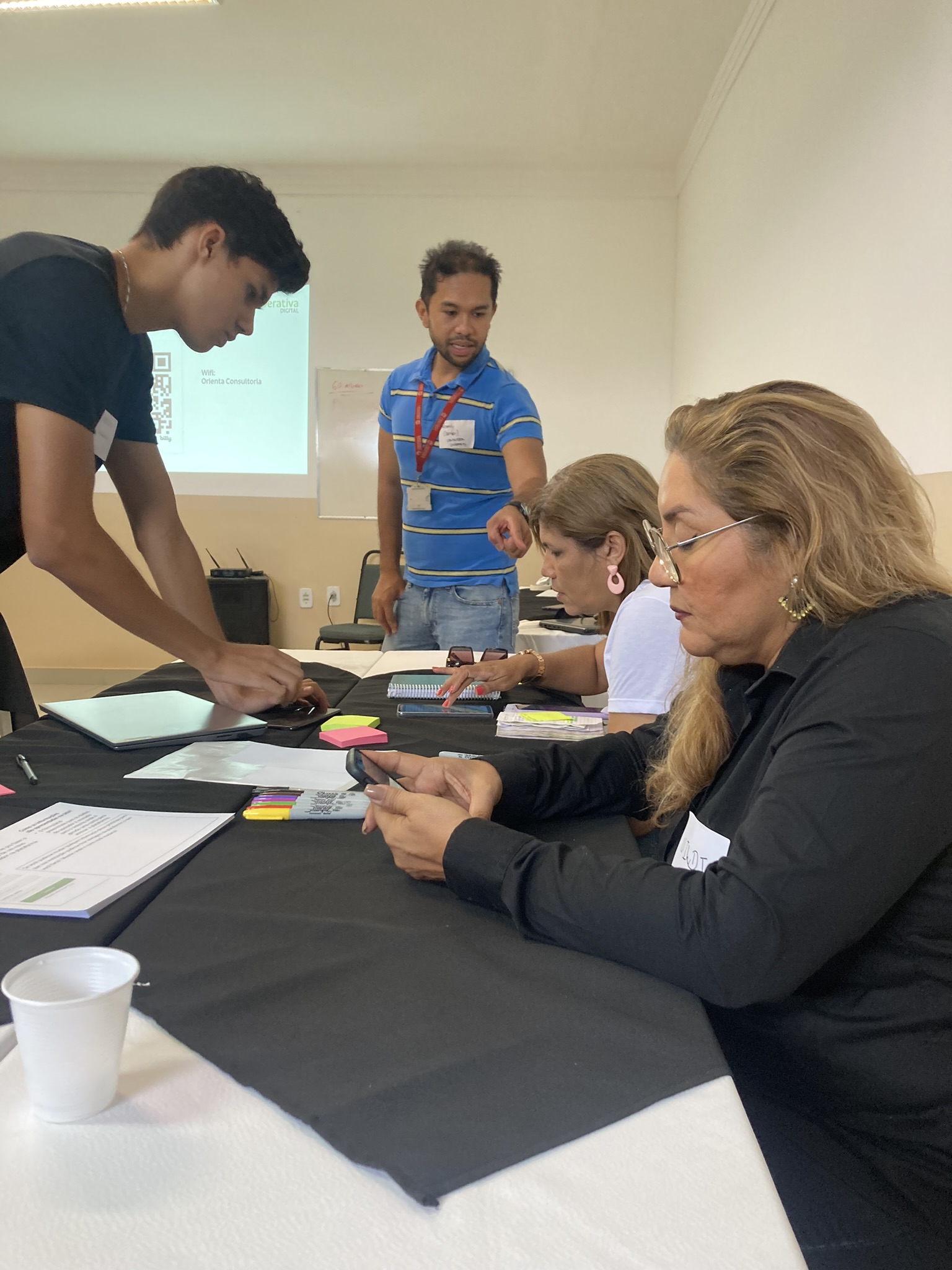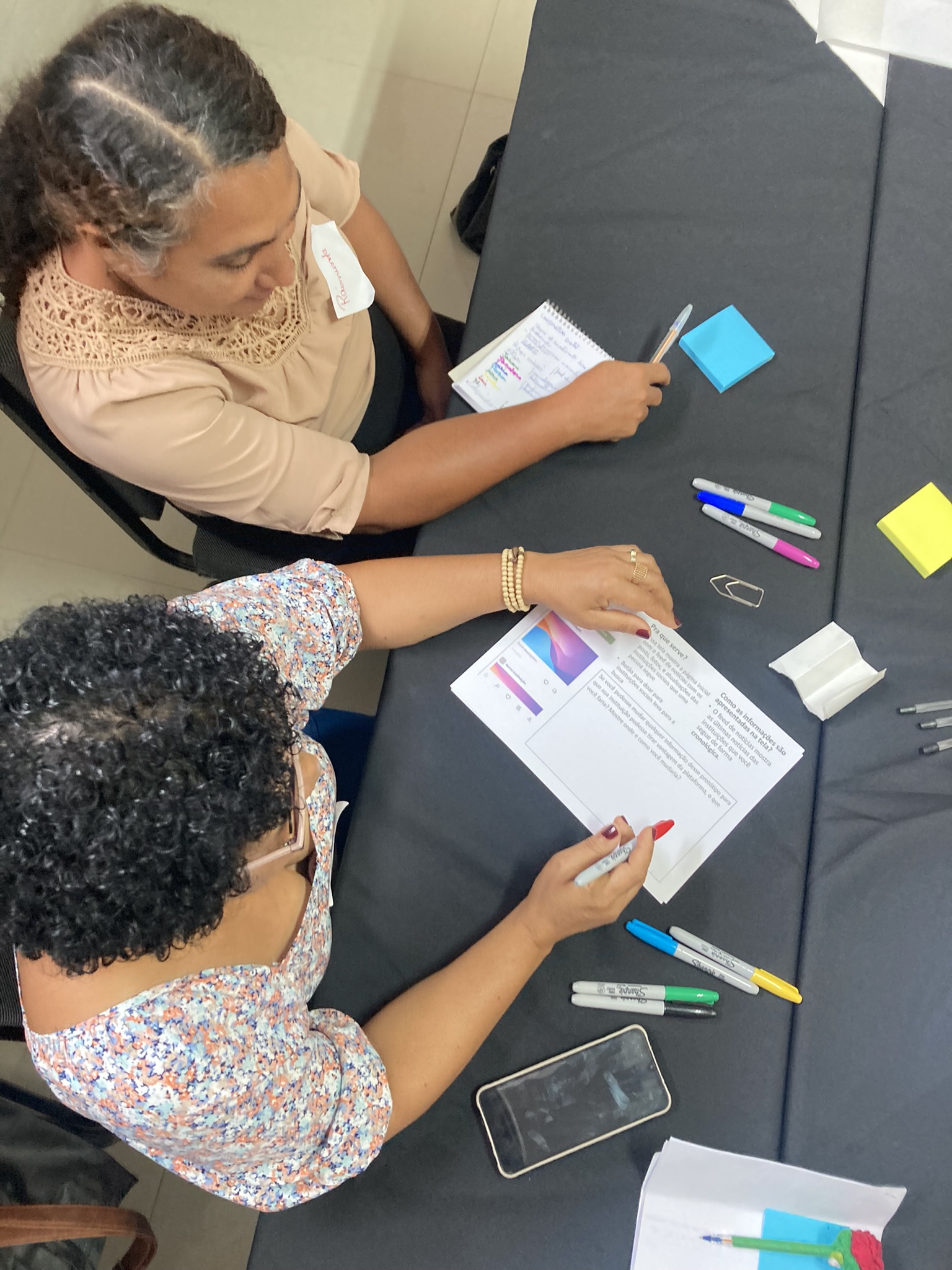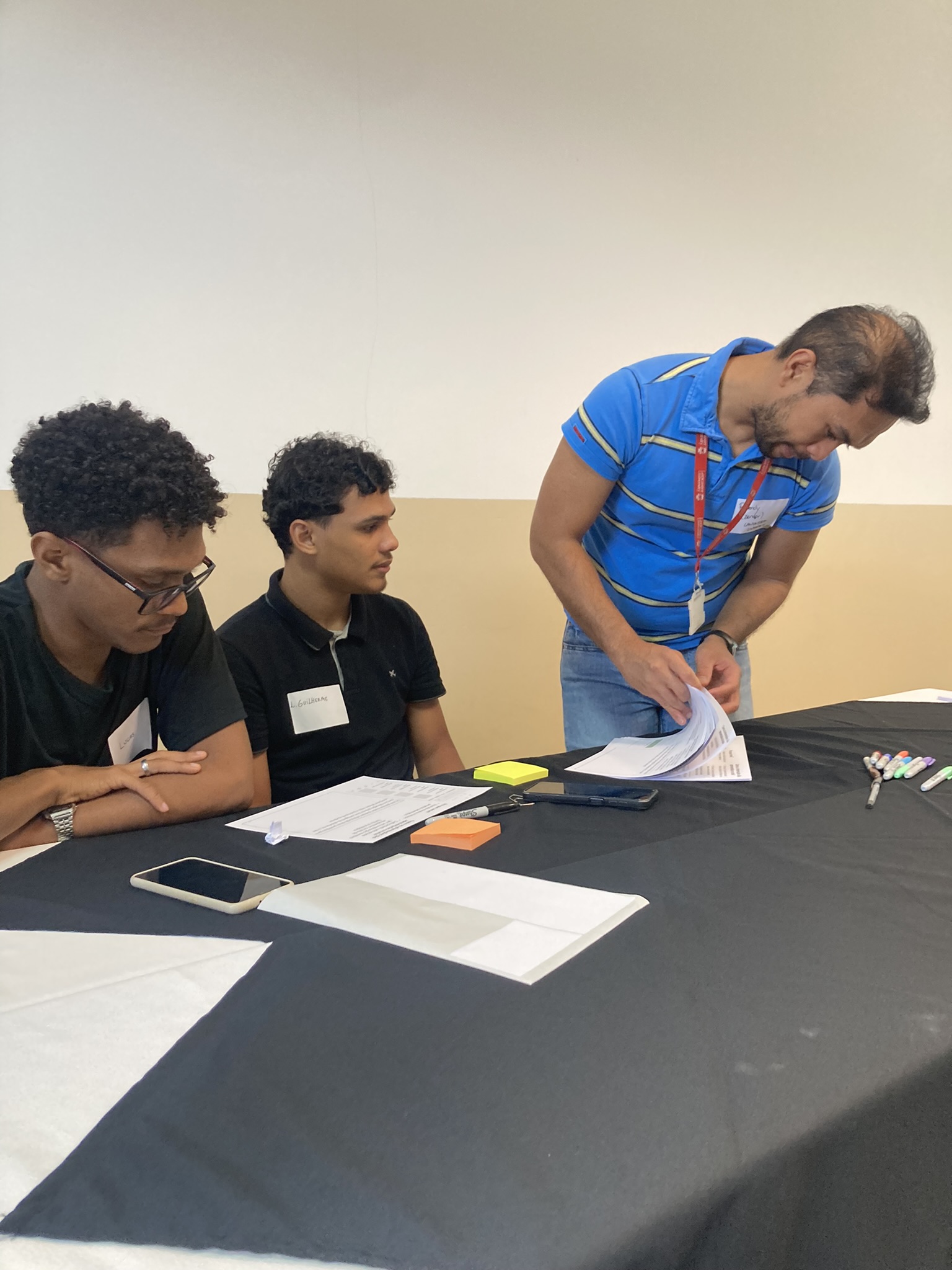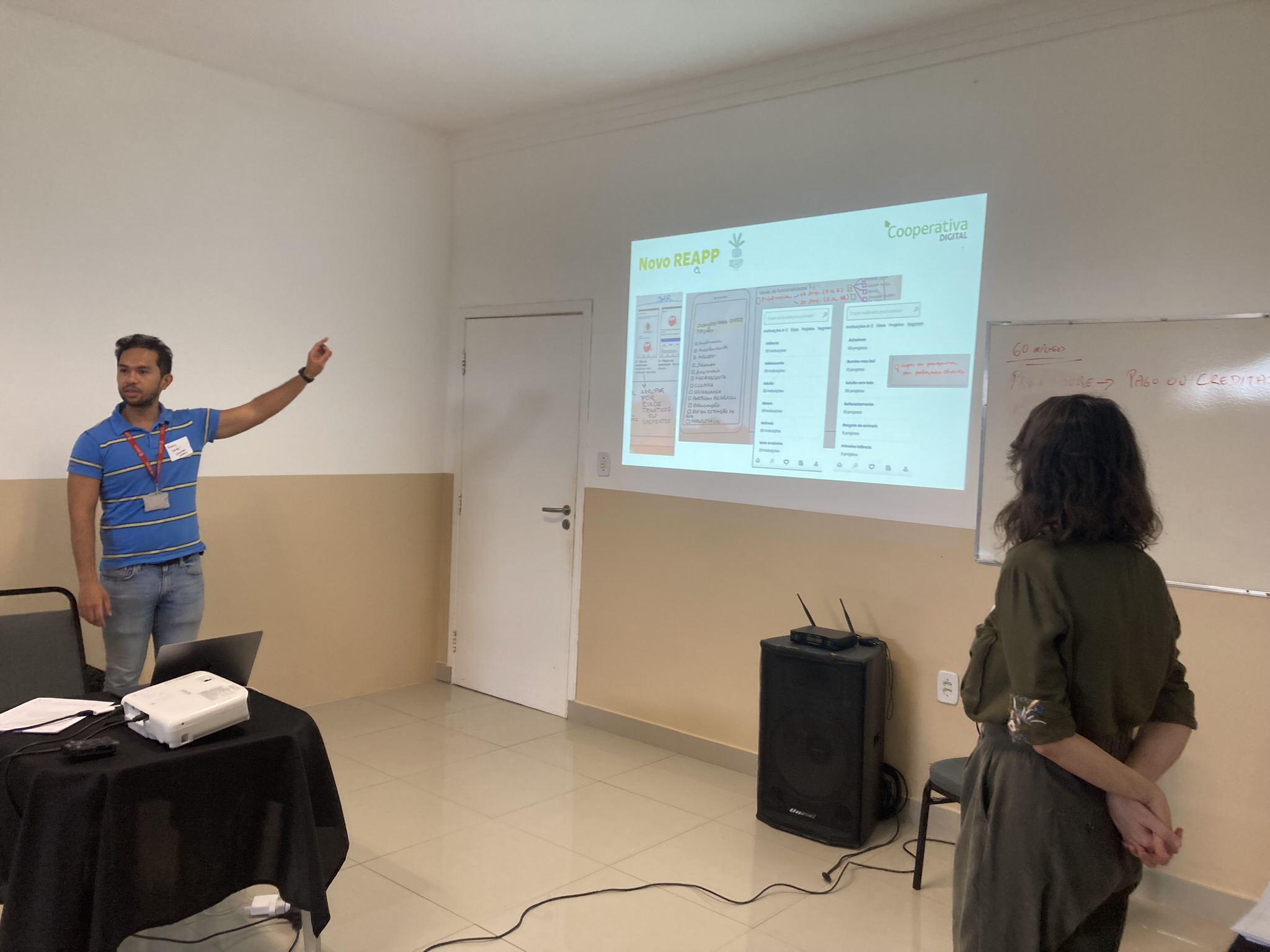The ‘Cooperativa Digital’ research team, Rosendy Galabo, Marcella Abreu, and Gabriel Bastos, and the Director of Reapp, Jovemar Junior, held the second workshop for 10 participants from 7 different NGOs on 16th November at Orienta Consultoria.
At the beginning of the workshop, we gave a brief overview of the project again as we welcomed a new researcher and participant. We then presented the new design concept generated by the group of participants in Workshop 1. This workshop aimed to identify potential challenges, such as conflicts and resource misuse, and collaboratively develop solutions to prevent negative outcomes like depletion or privatization. Ultimately, the goal was to establish a sustainable and just governance model empowering Reapp’s members, also known as “commons members.”
We introduced the concept of “commons” without mentioning the word “commons” by emphasising that producers should control the resources they create. This approach proved successful, as participants readily grasped the need for self-governance and actively engaged in discussions. The workshop agenda naturally transitioned to exploring “What is a digital cooperative?” as participants identified the necessary actions within the first few minutes. Our role then became one of guiding them through a step-by-step design process.
In the first activity, we presented the Reapp interactive prototype made in Figma with features, such as the use of videos different ways to donate, and categories, and enabled them to access the prototype by sharing a QR code that gave access to the prototype on their mobile phones. This allowed participants to exploit the prototype and focus on three parts of the prototype: News Feed, Institutions, and Projects pages. We then provided printed materials that described what the specific screen was for and how the information was presented on the screen. For example, the function of the news feed was to share posts about the NGO projects and each post was presented in chronological order. Next, we asked them to come up with activities to exploit the function in a way that their NGO could benefit from such activities, and later reflect on the consequences of their activities. This allowed them to generate mechanisms to limit or hinder the activities they proposed, such as limiting posts per NGO. The second activity focused on identifying appropriate and inappropriate platform behaviours, along with corresponding reward or penalty structures to encourage responsible user conduct. This collaborative effort resulted in the conceptualisation of a potential point-based system, where users could earn or lose points based on their platform engagement. Additionally, a thought-provoking discussion emerged regarding visually representing the social impact of projects on the platform, paving the way for a future exploration of this concept.
The workshop showcased the potential of collaborative approaches in establishing user-driven and fair governance models. Participants actively identified potential issues and solutions, and utilising the Reapp prototype enabled them to propose specific rules based on real-world applications. This workshop yielded innovative concepts like the point-based reward system, highlighting the effectiveness of this collaborative approach for shaping the future of Reapp’s governance. While recording the session proved challenging, valuable data captured from printed materials and Dictaphone recordings will be analysed to inform the development of user interface requirements for the Reapp platform’s shared management system.
